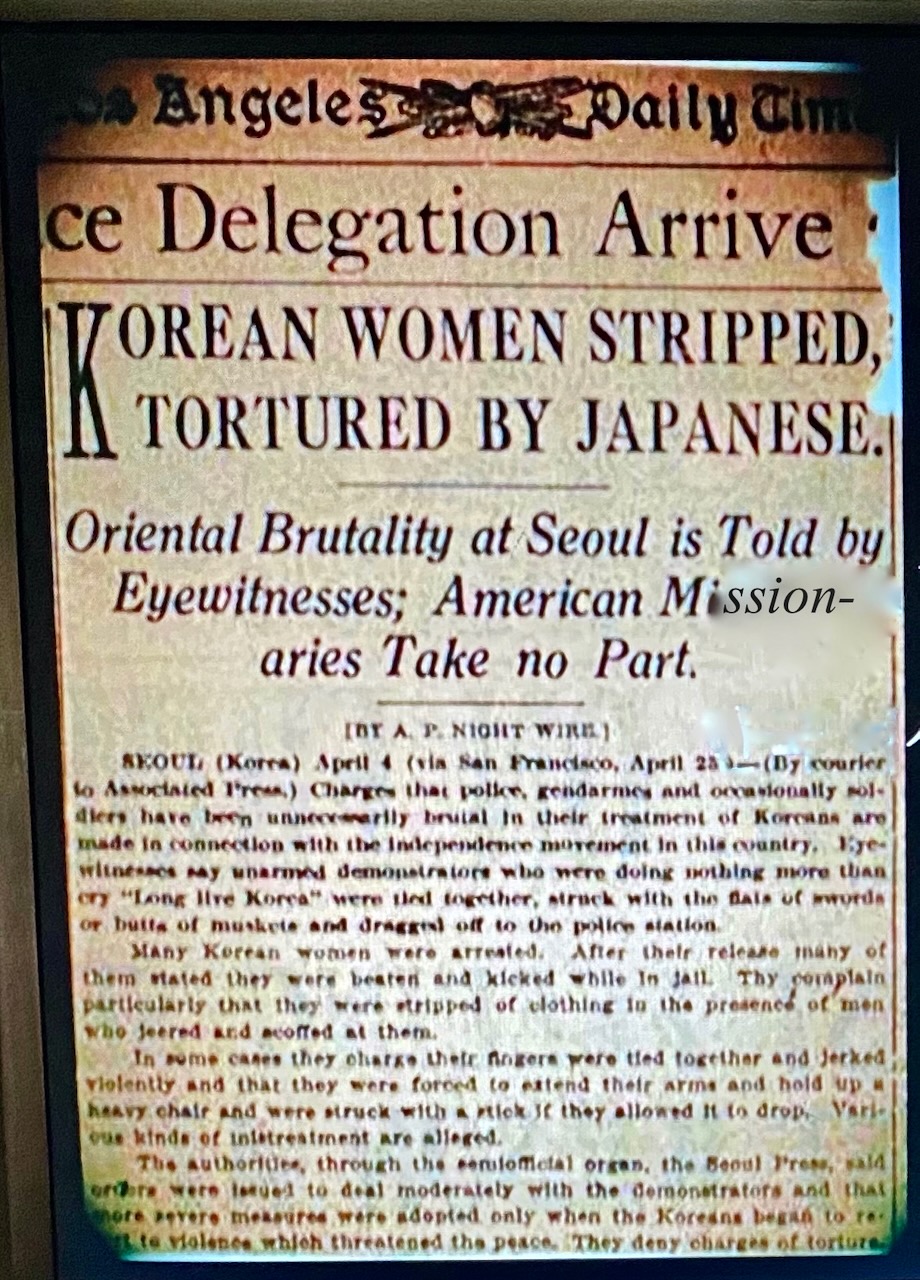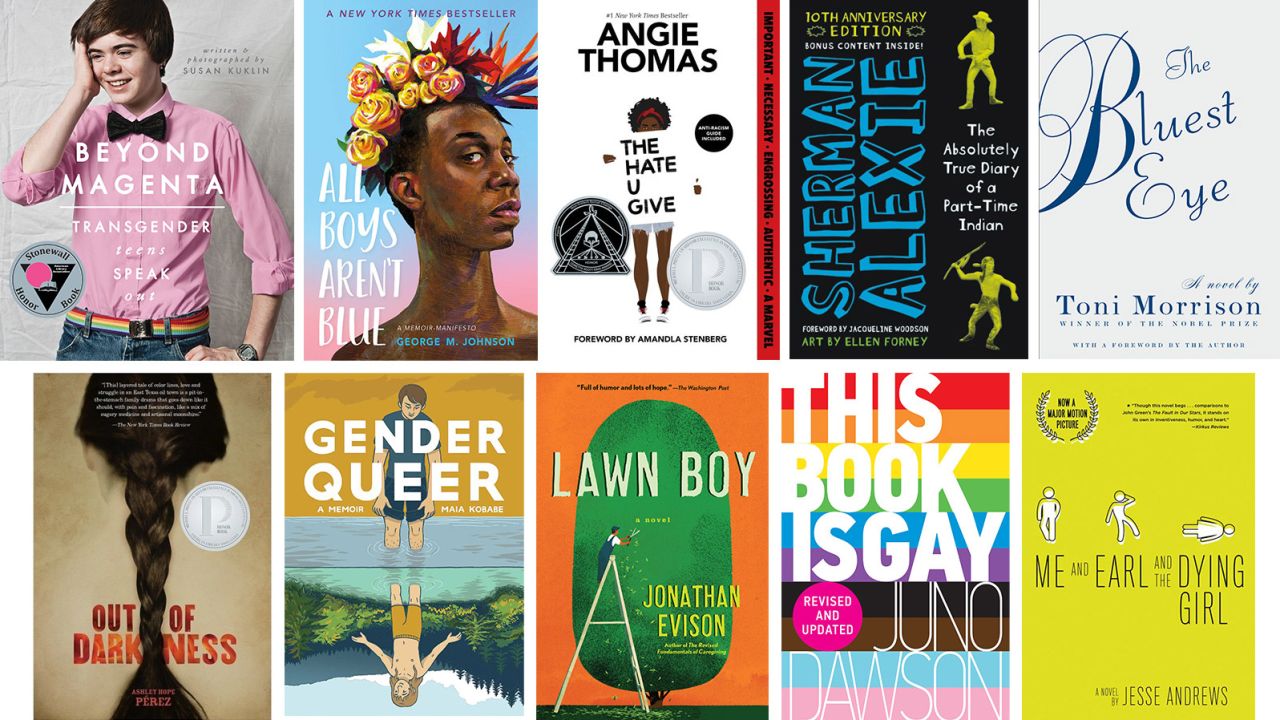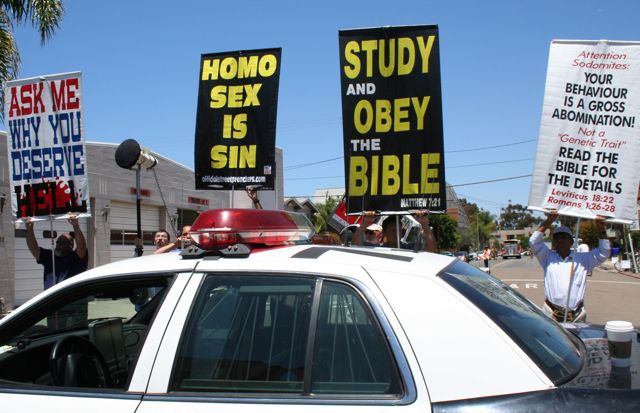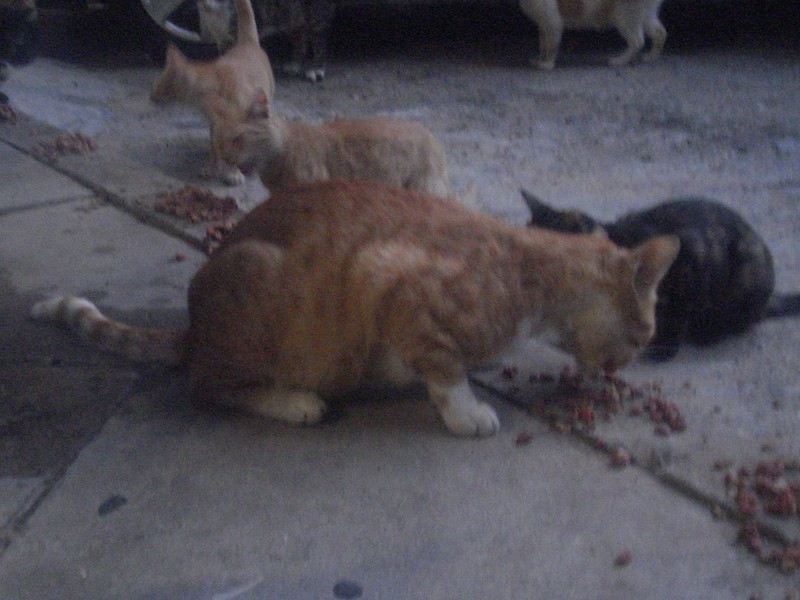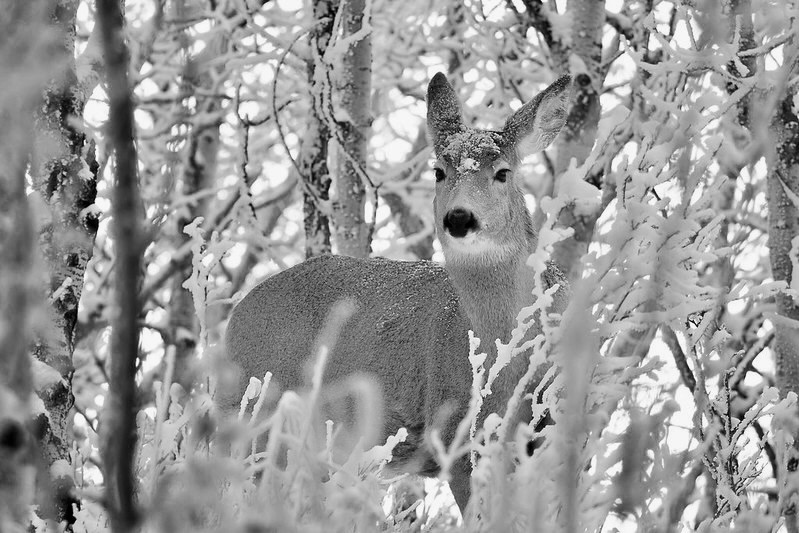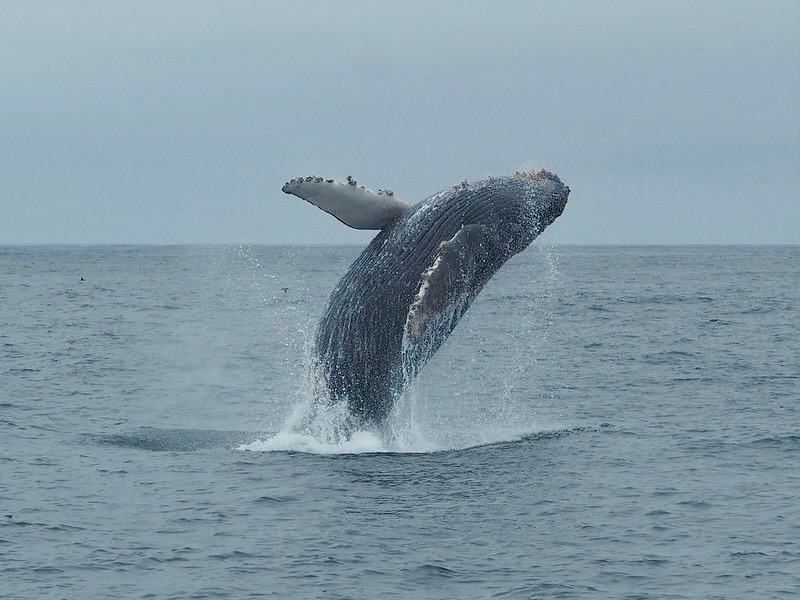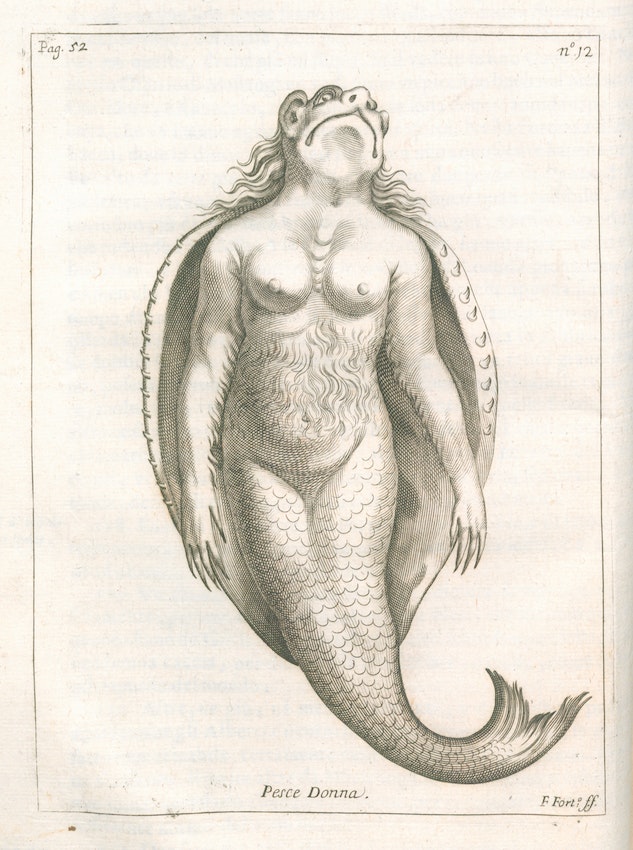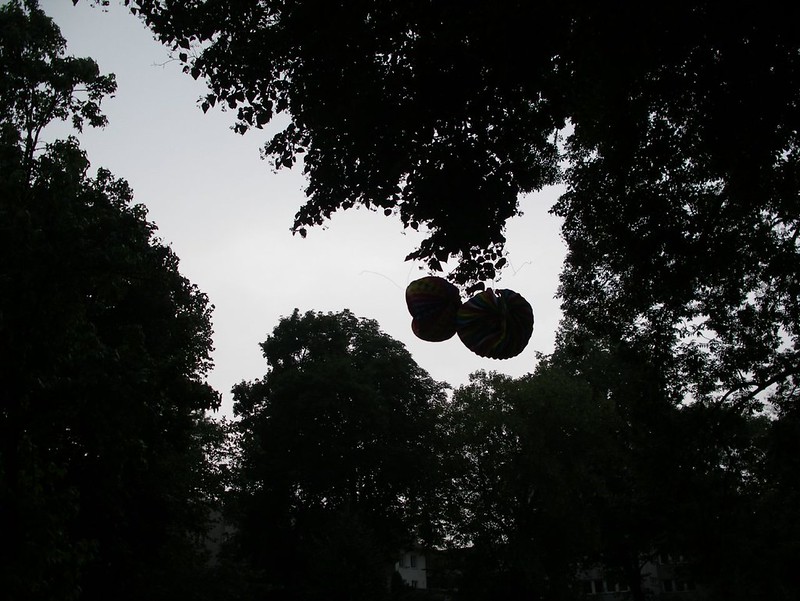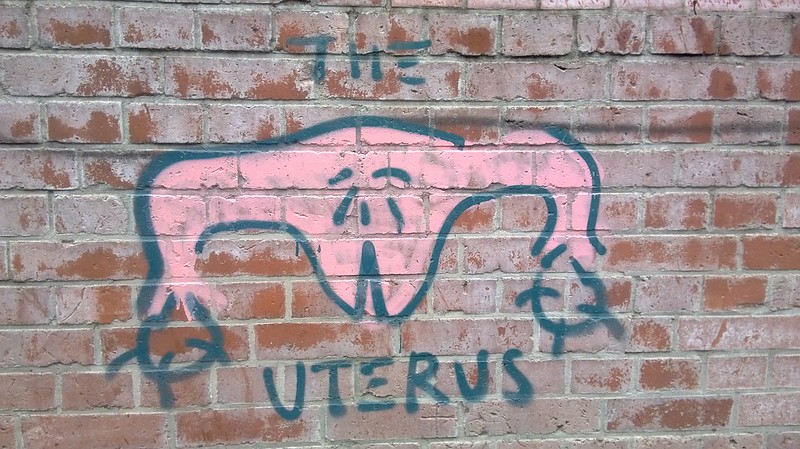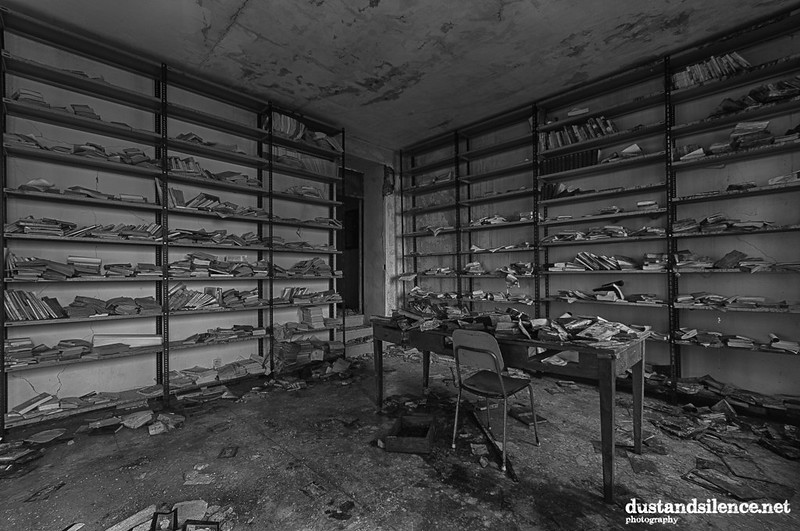Emma Thompson Full Frontal at 62
By Angelica Whitehorne
(found poem from Emma’s interviews for the film Good Luck to You, Leo Grande)
It’s challenging to be nude
at 62. The age that I am.
Nothing has changed.
Can’t stand
in front of a mirror, always pulling
something, judging it.
The neural pathways
of eight-year-olds going,
“I hate my thighs.”
I was 14, hating my body.
Everything that surrounds us
reminds us how imperfect we are,
everything is wrong with us.
In acting, it’s challenging to
see untreated bodies on the screen.
We aren’t used to women in the real-world.
We aren’t used to seeing time.
This thing is the same as it ever was.
The dreadful demands,
carved into my soul.
I didn’t think I could’ve done it.
And yet.
I can’t just stand there.
So, I stood there, nude at 62.
This is your vessel,
it’s your house,
it’s where you live.
I have lived in it.
I have experienced pleasure in it.
Angelica is a writer living in Durham, N.C., with published work in Westwind Poetry, Mantis, Air/Light Magazine and The Laurel Review, among others. She is the author of the chapbook, The World Is Ending, Say Something That Will Last (Bottle Cap Press, 2022). Besides being a devastated poet, Angelica is a marketing content writer for a green energy loan company and volunteers with Autumn House Press. Learn more at angelicawhitehorne.myportfolio.com.
Image credit: “Three Girls in front of a Mirror” (“Drei Madchen vor dem Speigel”) by Otto Müller, c. 1922, via the U.S. National Gallery of Art.
A note from Writers Resist
Thank you for reading! If you appreciate creative resistance and would like to support it, you can make a small, medium or large donation to Writers Resist from our Give a Sawbuck page.


